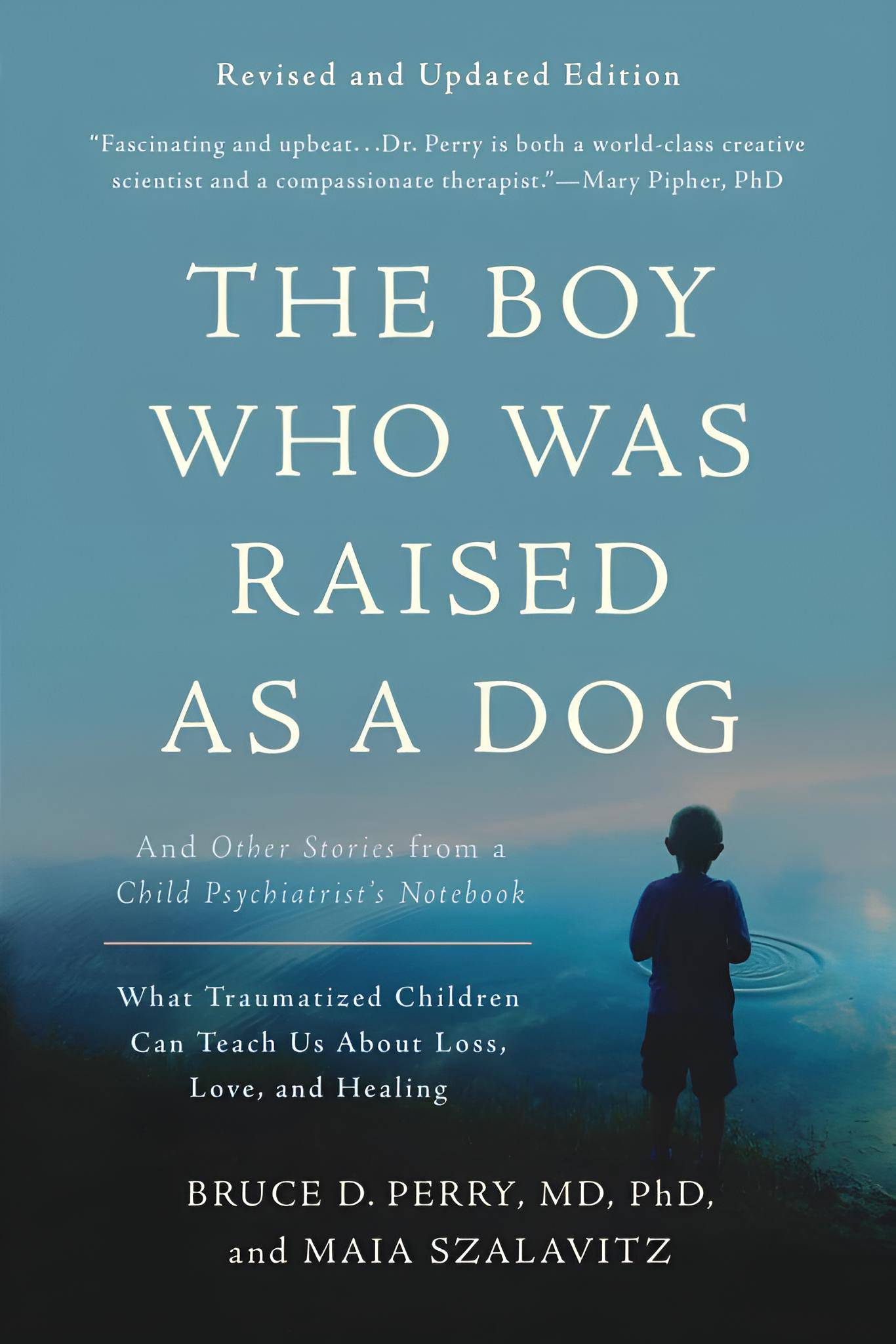
“The boy who was raised as a dog”. The title of this book is abstract. Should I say it’s superficial because it’s not really conveying the actual story. Take this, don’t always judge the book by its title. This a special book that portrays the effect of childhood trauma on the development of a child’s personality and daily behavioural patterns.
It is often believed that children are naturally resilient than adults. We believe that children are good at forgetting bad experiences and leaving them in the past, even if they are harmed or attacked, they easily recover that adults. This book revokes this believe.
An interesting fact about this book is that, it’s encloses detailed report of the author’s work experiences. I’m not sure you got that. The main author, this is my discretion though, Dr. Bruce D. Perry tries to share his true life work experiences while working as a senior therapist at the child trauma academy, using ten case studies. He explains in this book that, severe trauma during infancy may cause permanent damages to children brains, thereby, affects the development of the child’s personality and daily behavioural patterns. It might even stay with them for their entire life.
He went further to highlight how to help children cope with these traumas, and finding ways to avoid those tragedies. Can you see that this book is a must read. The second author, Maia Szalavitz is an award winning journalist specializing in science and health news reporting. I believe she assisted in reporting this occurrences
Laura’s Story
One of the case study is the story of Laura. In this story, the author took us through the effect of lack of care and proper emotional upbring on the systems of effective growth pattern stored in the brain. Dr. Perry met Laura, a four-year old child, lying in a hospital bed and getting a liquid diet through a tube. Though the food was high in calories, the child didn’t grow normally. The doctors ran series of examination on Laura but found nothing wrong.
Later on, after thorough study, the author got to understand that Laura’s problem was related to her mother, Virgina. Virginia grew up in an orphanage. At that time, the orphanage would place each child in a new foster family every six months to prevent the child from becoming over dependent. Unfortunately, lack of necessary emotional support and interpersonal communication at a young age as she was raised up, made Virginia become an emotionally indifferent person, even towards her children.
Though, Virginia knew she had to feed Laura, dress and bathe her, she was emotionally alienated from Laura. She didn’t bother to hold Laura much, sing or tease her. Thus, Laura lacked the stimulation of those emotional signals transmitted by physical touch, which, if received normally, would enhance the growth hormone. This resulted in Laura’s impeded growth, even with adequate nutritional intake.
This is just one of the ten case studies. You should sense that this book is an interesting book to read. Add it to your library today! You can get the book
Click here for more book reviews.



Leave a Reply